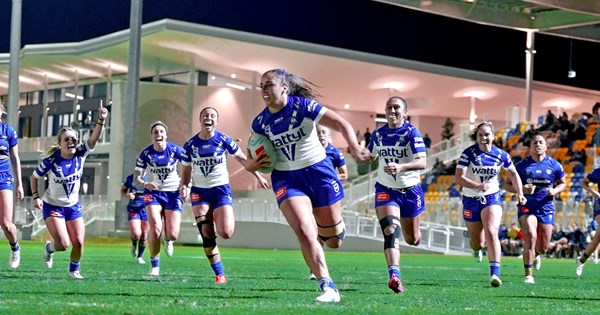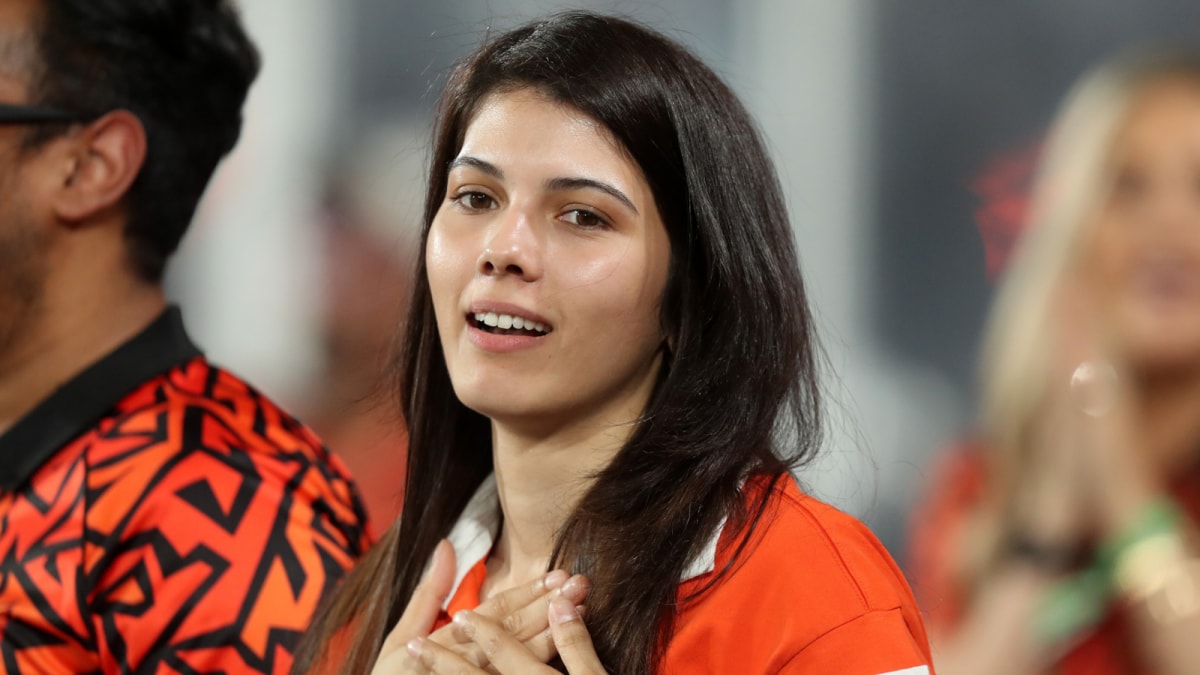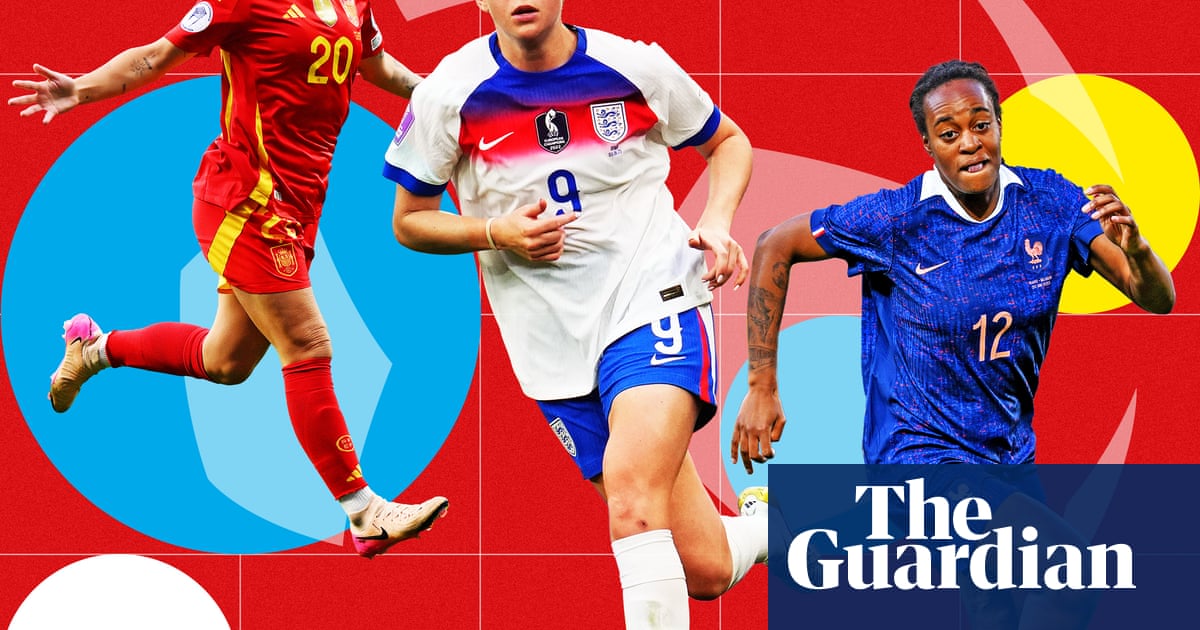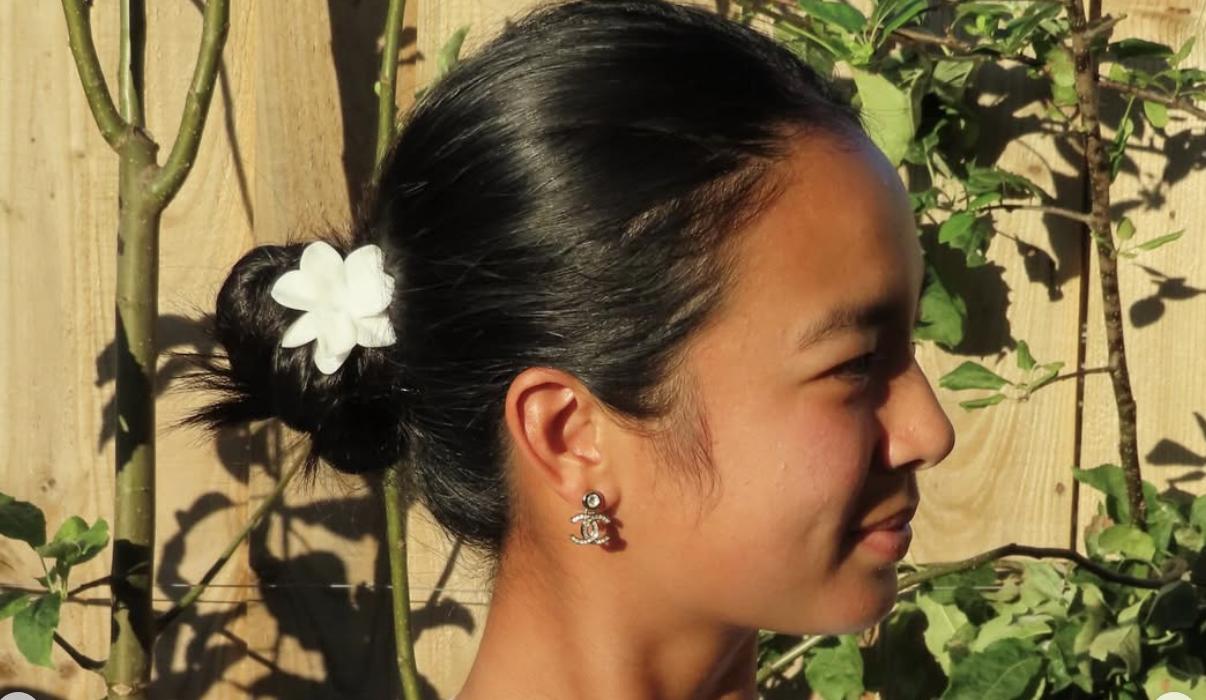Basketballer Caitlin Cunningham is a 'health goth' and wants to show sport is for all
The emo/goth aesthetic isn't one usually associated with athletes, particularly not at an elite level.But that's never bothered Caitlin Cunningham, who's proof that the two seemingly opposite subcultures can coexist and flourish."I was a Myspace kid. Emo music's a big part of my life and so the makeup has always been an expression, and I've always done it," Cunningham, who uses they/them/she pronouns, told ABC Melbourne's The Conversation Hour.They were also an early adopter of the health goth style — broadly speaking, a trend that originated around a decade ago, combining sport/working out with monochromatic athleisure, dark make-up and a general gothic look.Becoming Caitlin 'Dark'The former WNBL player, who now plays semi-professionally for the Rockhampton Cyclones in the NBL1 North, has captured a lot of attention over the past week after pictures of her playing were posted on social media.They've earned them the moniker "Caitlin Dark", riffing off WNBA superstar Caitlin Clark.Loading Instagram contentIt's nothing new for the 39-year-old, who's also a musician and personal trainer."I found an old article from when I was 21, when I was signed to the Canberra Capitals, playing in the WNBL," she said."The journalist touched on my black shoes, my black socks, my goth looks. So it's always been a thing for me."Cunningham was part of the Canberra Capitals squad in 2007 and played in the WNBL from 2003–2012. (Supplied: Canberra Times)The look has evolved since then — there are more tattoos, two teeth have been turned into fangs and the now increasingly famous make-up."It's all tied into music for me. When I was young, I would look up to these artists and be mesmerised by their self-expression and their art form," Cunningham said."And if people are looking at me like I looked at those people … you have a role to play in these young people's journey of self-discovery and I do take it seriously." If I had someone like me when I was growing up, I would have felt so seen. "Make-up and athleticismThe intersection of sport, fashion, beauty and music is well-established — and there is power in athletes using their platform and profile to showcase the many dimensions of human expression.Serena Williams was a trailblazer throughout her career, showing that you can be stylish, fashion-forward and one of the greatest players of all time.Serena Williams was banned from wearing the "catsuit" at future French Opens after wearing it at the 2018 tournament. (Reuters: Christian Hartmann)Brazilian football legend Marta first sported her trademark red lipstick at the 2019 Women's World Cup, saying: "The colour is of blood because we had to leave blood on the pitch. Now I'm going to use it in every game."American rugby player Ilona Maher wears her red lipstick to show femininity can coexist with peak athletic performance, saying, "it doesn't take away from your athletic ability if you wear make-up".The WNBA and NBA tunnels have become high-end fashion runways with athletes trading basketball singlets for haute couture.Angel Reese and LeBron James showing off their outfits before their respective games. (Getty Images)Breaking out of stereotypesWhat does it all mean?Well, in short — that athletes are people too, with complex identities, interests and forms of expression.But for athletes competing in women's sport, and women and gender-diverse people generally, it goes deeper.They have always been policed over their appearance and faced constant contradictions.Too masculine/too feminine. Too muscular/too thin. Too concerned with their looks/not concerned enough. Trying too hard to fit in or too hard to stand out. Praised for fighting for equity, or being told to be grateful for what they've got.It's an exhausting dance, essentially all an encapsulation of the now well-versed Barbie monologue.Loading...To blend in is an easier existence, but as Cunningham — and so many others — show, to embrace yourself is a much more fulfilling one."I might look quite intimidating, but I am probably one of the most softest, most gentle people and everyone knows that," they said."Don't judge a book by its cover. I am such a contradiction of what I am perceived as to who I am."And with sport a central part of so many people's lives, whether as participants or spectators, Cunningham knows the impact of its influence."There's so many sports that really like to put people in a box of stereotypes," she said."And it's unfair because I think that turns away people who feel a little bit different, and that puts them off wanting to be in a team sport environment.











